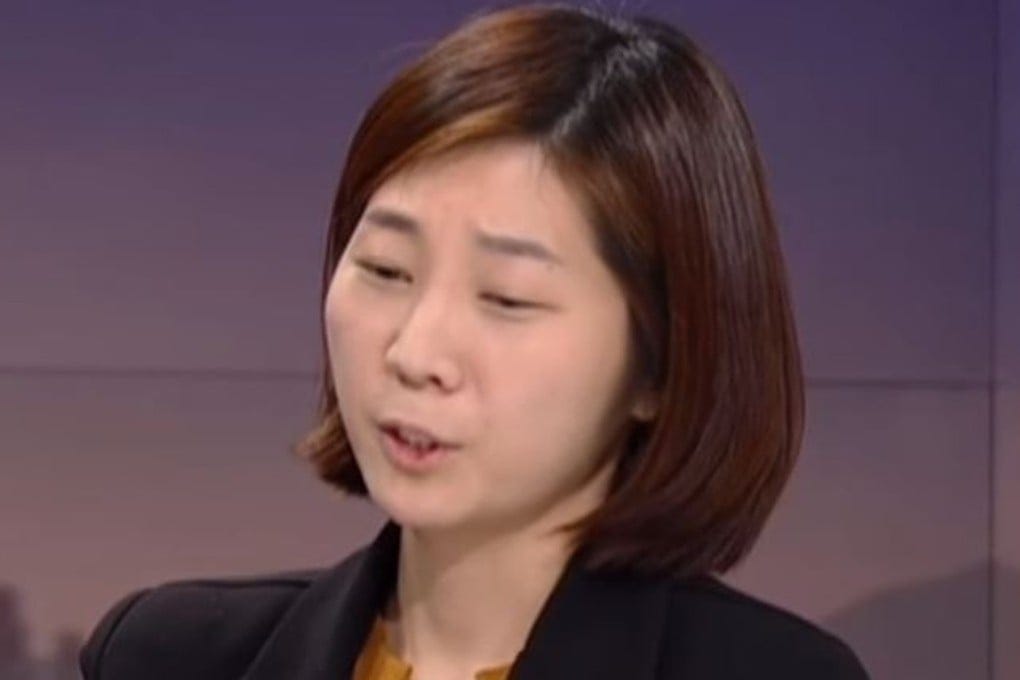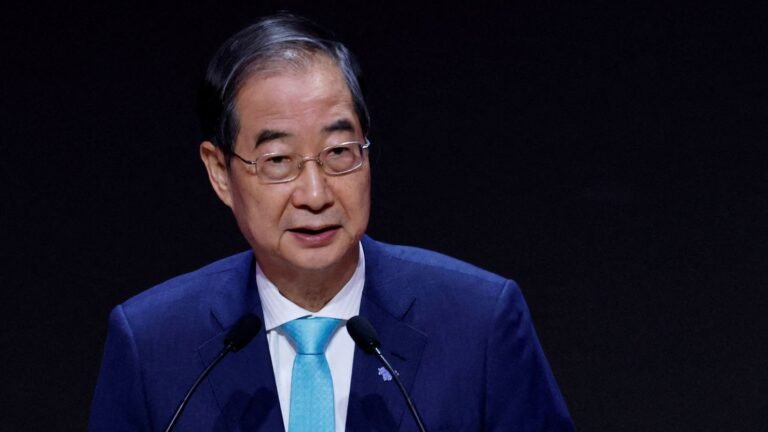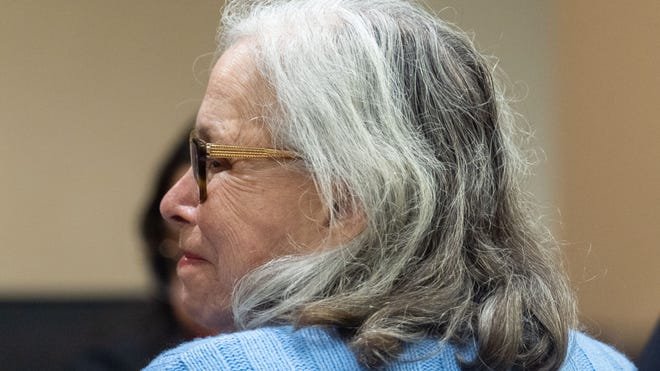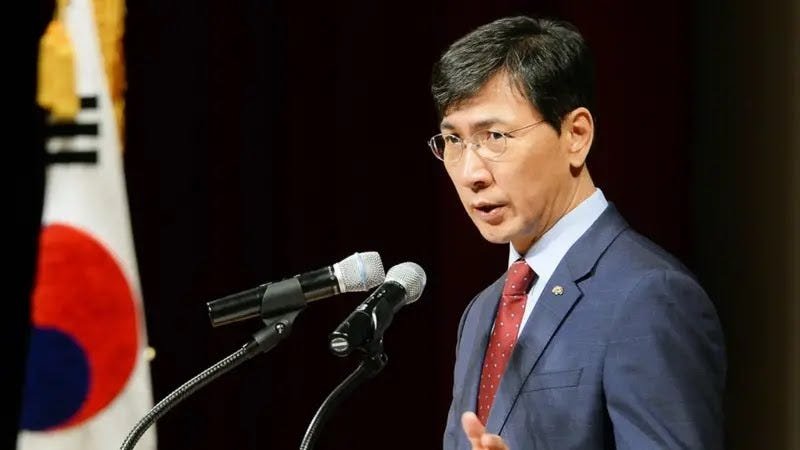
How the Ahn Hee-jung Case Sparked South Korea’s #MeToo Movement
By The General Justice Lawyer, June 1

In 2018, Seoul’s Ahn Hee-jung, a prominent politician, was acquitted of raping his secretary, Kim Ji-eun, under the “violence and intimidation” rape law, igniting nationwide #MeToo protests that demanded a consent-based legal framework to protect survivors.
Ahn Hee-jung, then-governor of South Chungcheong Province, was accused by Kim Ji-eun of multiple non-consensual sexual encounters. The August 2018 Seoul Western District Court acquittal cited insufficient evidence of coercion, a requirement under South Korea’s rape law at the time. Public outrage erupted, as the ruling highlighted the law’s failure to address power dynamics or explicit consent.
“I am sorry and I am so ashamed,” he said. I have disappointed many. I will make efforts to be born again.
Kim’s televised allegations in March 2018 sparked South Korea’s #MeToo movement, with thousands sharing stories of sexual violence on online platforms using hashtags like #미투. Protests in Seoul demanded legal reform, drawing parallels to global #MeToo waves.
“I will fight … until the day when those using their power to sexually abuse others are held accountable under the laws,” she said.
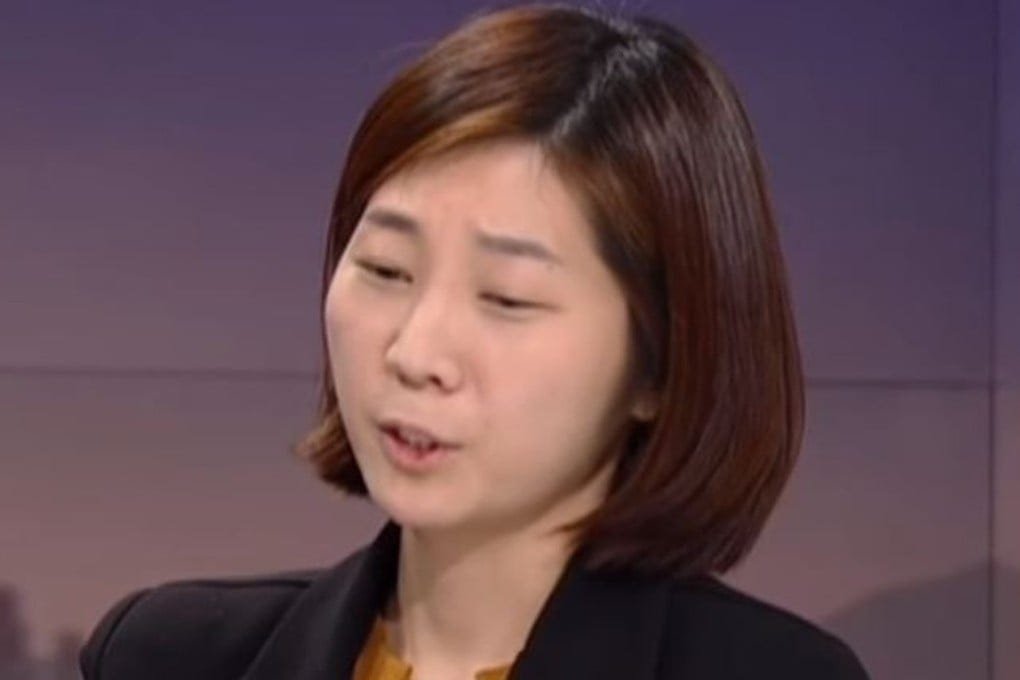
The 2019 Seoul High Court overturned the acquittal, sentencing Ahn to three and a half years, upheld by the Supreme Court in 2020.
This victory fueled advocacy for a consent-based rape law, though a 2022 proposal stalled in 2023.
The Ahn Hee-jung case marked a turning point for South Korea’s #MeToo movement, exposing gaps in the country’s rape laws.
While the push for a consent-based framework stalled in 2023, its influence persists, driving ongoing conversations about gender justice and survivor protections.
Follow @genjustlaw
Author
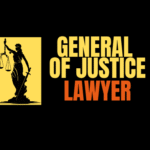
Latest entries
 Donna Adelson Trial2025-09-05Donna Adelson Found Guilty on All Counts in Dan Markel Murder Case
Donna Adelson Trial2025-09-05Donna Adelson Found Guilty on All Counts in Dan Markel Murder Case True Crime2025-09-03Epstein Files: Survivors Break Silence on Capitol Hill
True Crime2025-09-03Epstein Files: Survivors Break Silence on Capitol Hill US2025-09-03Cardi B Assault Trial Verdict — She’s Not The Drama
US2025-09-03Cardi B Assault Trial Verdict — She’s Not The Drama US2025-08-30Jim Crow Era — Louisiana’s Split Juries Problem and the Limits of Retroactivity
US2025-08-30Jim Crow Era — Louisiana’s Split Juries Problem and the Limits of Retroactivity

